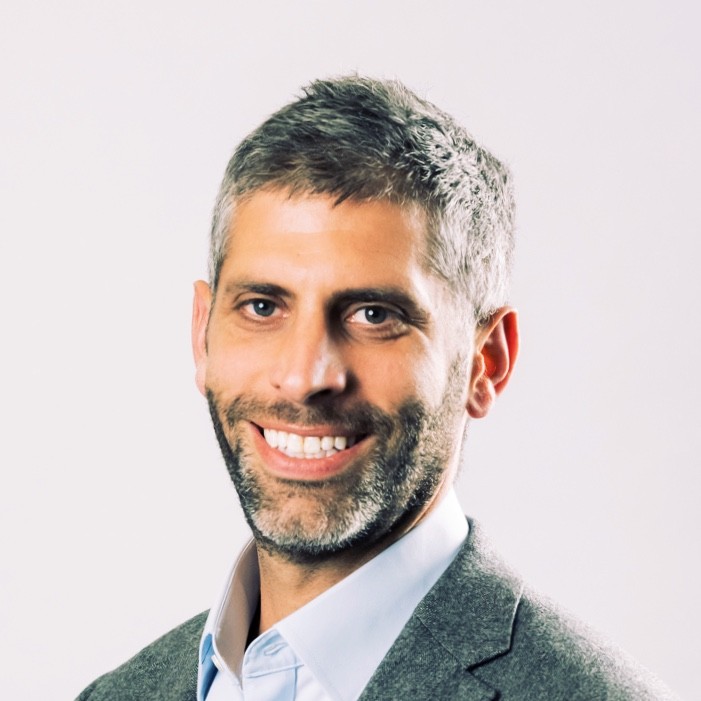Melbourne-based Brandon Capital has secured AUD $270 million ($180 million) to continue seeding life sciences companies in its home country of Australia and New Zealand, and extend its presence into Europe and the US.
While the US-to-Europe life sciences investing axis is well established at this point, with many biotech VCs supporting new drug developers from Boston to Basel and elsewhere across the pond, the path between Australasia and Europe is less trodden, Brandon Capital partner Jonathan Tobin said in an interview with Endpoints News.
 Jonathan Tobin
Jonathan TobinEuropean and American biotech VCs haven’t set up Australian outposts in broad strokes yet, Tobin said, but he thinks that could happen in the years to come.
Brandon Capital, which he described as the largest life sciences VC firm in Australia, could help serve as that foundation, he said. The firm has seen more biotech specialist funds emerge in Australia in recent years, as the local ecosystem is more detached from the “feast or famine cycles that you get in the US and to less extent Europe.”
Tobin is part of Brandon’s London team, looking to expand the firm’s presence in Europe, a strategy that kicked off in earnest with the previous fund, which went to startups like ADC maker Pheon, German cancer drug developer CatalYm and neurodegenerative biotech AstronauTx, he said.
The firm has backed more than 60 drug developers, medical device makers and health tech companies in its roughly two-decade history, and it doesn’t have a particular therapeutic focus. Most of its investments, more than 80%, is in biotech, Tobin said. Its BioCatalyst network also brings together more than 50 hospitals and medical research institutes in Australia and New Zealand, helping seed new biomedical work.
The sixth fund could support anywhere from 15 to 20 companies, Tobin said. Given the firm’s focus on capital efficiency, it’s able to back a “relatively high number,” he said.
At home, the focus is on seed investing, whereas the European strategy is more focused on Series A and Series B startups. The fund could also increase in size as Brandon is still working toward a final close, he noted.
With offices in Melbourne, Sydney, London and San Francisco, the firm hopes to build the case for more intercontinental collaboration among biotech companies. Tobin also hopes the fund “shines a light to international investors” that biotech companies that emerged out of Australia’s university labs five years ago are now maturing and producing clinical data.
The new money adds to a growing pool of dollars available to startups making new medicines, following the likes of Canadian VC firm Amplitude Ventures’ $192 million second fund and Virginia-based Sands Capital’s $555 million third life sciences fund.